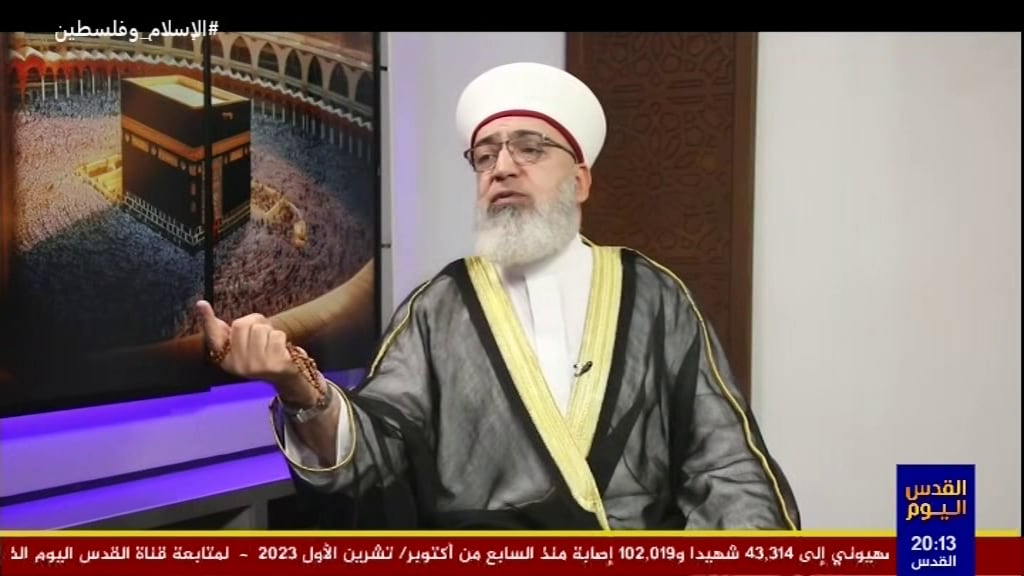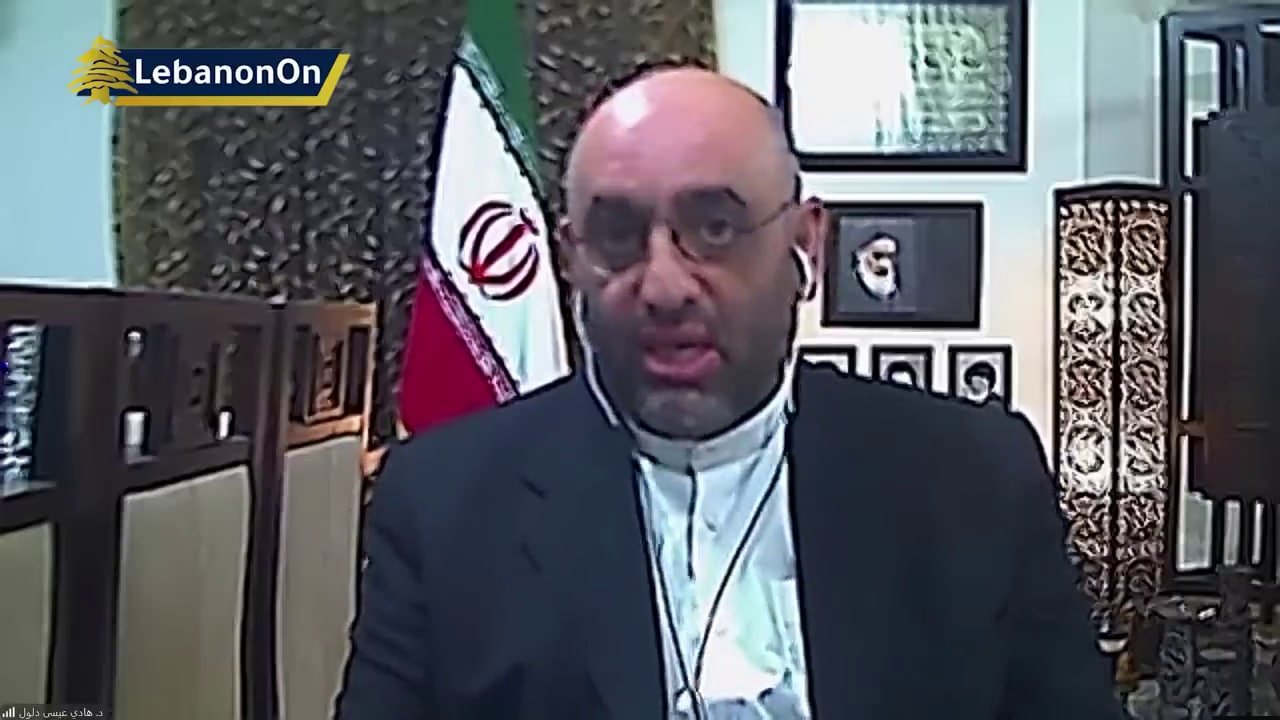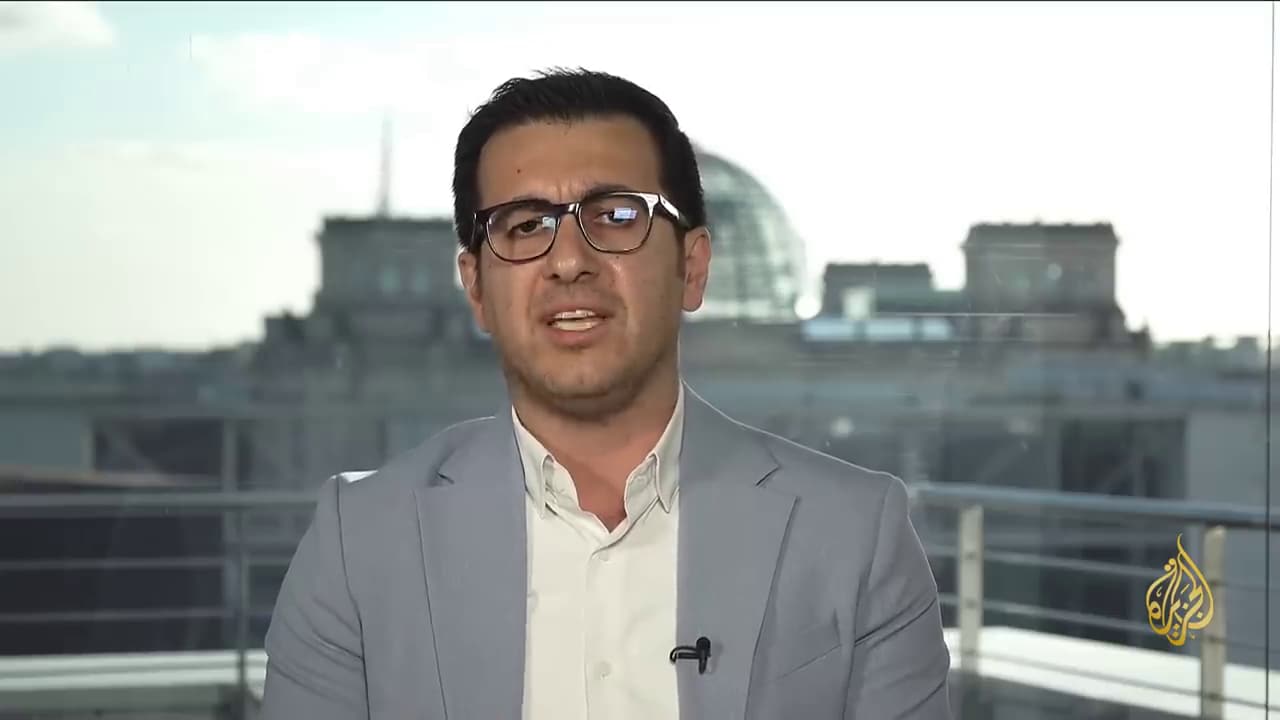
In two recent public addresses, Iranian President Hassan Rohani criticized his hardline rivals, saying: "A certain group still thinks in Stone Age terms." Calling the actions of ISIS "barbaric," Rohani said that if asked by the Iraqi government, Iran would provide it with help combating terrorism. The addresses were broadcast on the Iranian news channel IRINN on June 10 and 13, 2014.
Following are excerpts:
Hassan Rohani: In [the elections of] June 2013, the people declared that there is one nation, one government, and one regime. The people declared that no group or faction has the right to claim the revolution to itself. No faction or group has the right to claim the legacy of the Iran-Iraq war to itself. No group or faction has the right to claim the supreme leader to itself.
[…]
The whole [world] glorifies this nation and the history of this people. But we must remember that if we want the world to speak courteously to us, we must speak courteously to the world as well.
[…]
Is a culture something that can be turned into a capsule, or into a prescription that could be filled out in a pharmacy? A certain group still thinks in Stone Age terms.
[…]
Why is our region experiencing so many problems? Why is there so much bloodshed? Why is there no calm in Syria? Why are homes being destroyed, and the blood of the innocent flowing like rivers? Why is there war and bloodshed in Iraq? Why does an extremist, terrorist group – whatever its name may be – treat people this way?
I urge you to refrain from watching the videos of their deeds, which were filmed yesterday and the day before in Mosul, and a few days earlier in Aleppo and elsewhere. What barbaric things they have been doing. Sadly, they call themselves Muslims and consider their path to be Jihad. They say that they must follow what they claim is the path of Islam and the Quran.
Our Prophet was a man of justice, compassion, and mercy. In Medina, Jews and Christians lived under the rule of the Prophet. People with different beliefs and of various faiths lived there. There was a peaceful atmosphere, and everyone lived comfortably.
[…]
The elections of June 14 [2013] conveyed an important message to the extremists. Foreign extremists believed that pressure and threats would bring the nation of Iran down to its knees. The same message was conveyed to the extremists from within, who had thought that they had many supporters, and they could continue with their violent, extremist ways in this country. The June 14 elections sent a message of a big "No" to the extremists in this country and abroad.
[…]
When you witness the fall of a city like Mosul, it cannot be merely a successful move by a small terrorist group. There are other things happening behind the scenes. This is coordinated. In other words, the losing party has recently obtained weapons and bullets, in order to compensate for these losses. This is a big mistake.
[…]
Iran is Iraq's friend and neighbor, and we have very warm and close relations with the government of Iraq. If Iraq asks us for help, we will consider it, but until now, we have not been asked to provide any specific assistance. We are prepared to provide assistance within the framework of international law, and in accordance with an official request by the Iraqi government. If we are asked to provide assistance within this framework, we will. The Americans might want to take certain measures, but I have no information about their plans.
[…]
There is no doubt that small terrorist groups are supported by foreign countries. Unfortunately, some countries in the region support them financially, and some countries in the region supply them with weapons. Other powerful countries, especially Western ones, support them in terms of politics, money, and propaganda, and supply them with weapons.
Terrorism benefits no one, and it will be turned in the future against those countries that support it today. A senior official – not from the West – told me that the Europeans secretly hope that all those terrorists would be killed in Syria, so that they would not return to their home countries, where they would cause them a big headache.
[…]
If any terrorist group comes near our borders, we will definitely confront it. If the terrorists come near our borders and cause a threat to us, we will definitely confront it with all the necessary means.
[…]
Helping [Iraq] is one thing, and entering it is another. If the Iraqi government asks us for help, we may help it with whatever they ask in order to fight terrorism. However, the issue of Iranian forces entering Iraq has not yet been discussed.
[…]
If we do not reach a final agreement in the [nuclear] negotiations by July 20, it must be made clear that the terms will not be as they were in the past. Even if the U.S., the P5+1, and everyone else convene, it will make no difference. The terms will never be the same. That sanctions regime has failed, and they see this day in and day out.
[…]
On two issues there is no disagreement: The first is that Iran will continue to enrich uranium. We no longer disagree on that. They say that Iran will continue with its enrichment, and so do we. This is not open to discussion. No one should even imagine that enrichment within Iran will stop. This is a done deal. They used to state that Iran has no right to enrich uranium, but not anymore. There is a consensus on this. The second thing is that if any agreement is implemented, the sanctions will definitely be lifted. There is a consensus on this as well.
[…]

















